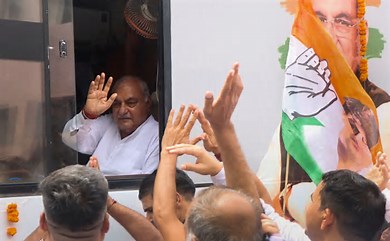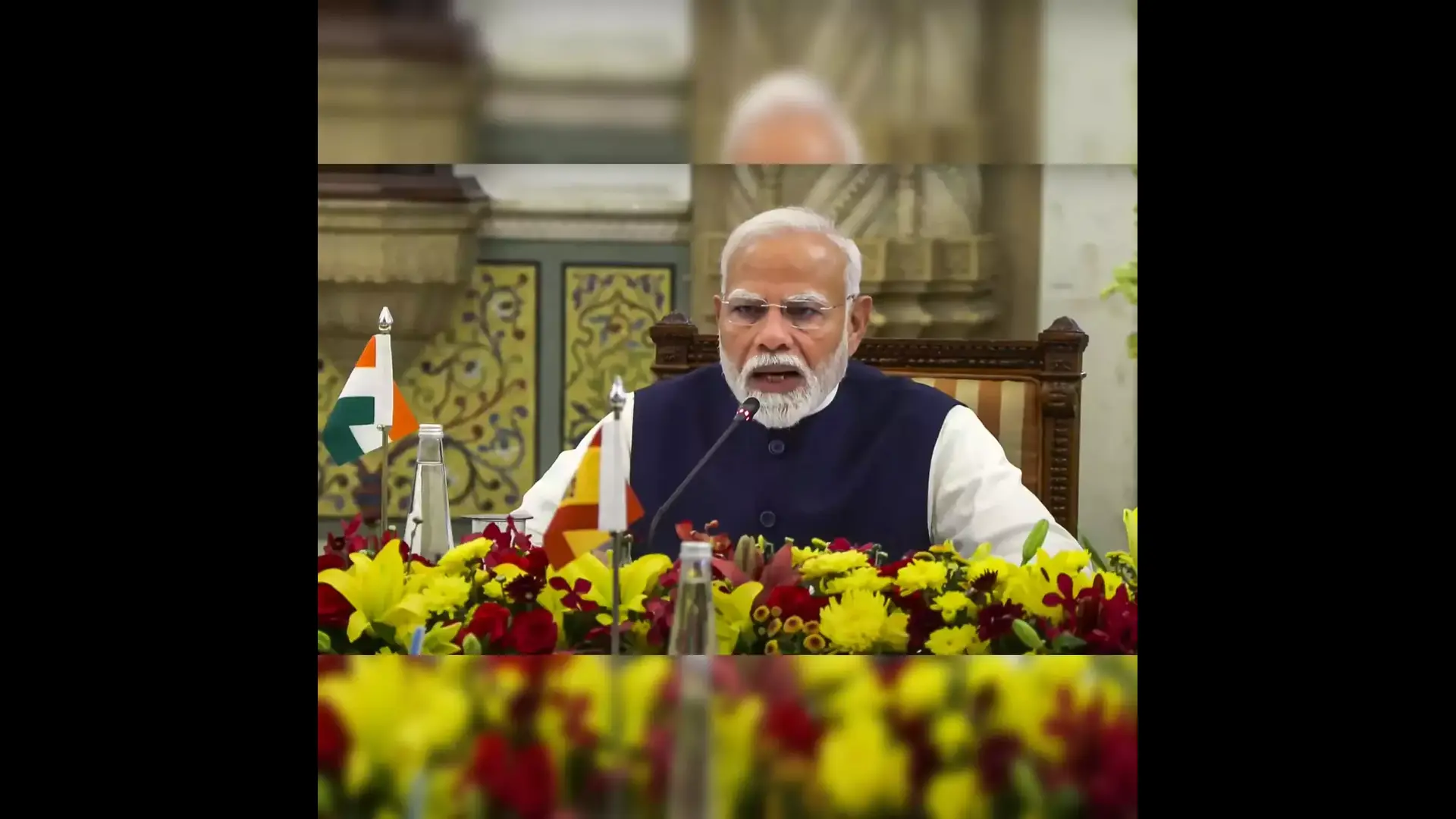
Despite securing its highest vote share since 2005, Congress faced defeat in the 2024 Haryana assembly elections. Here’s a breakdown of the key reasons behind their loss.
Congress’s 39.1% vote share is better than the BJP’s in previous elections, yet the party secured fewer seats. The reason is that the BJP’s votes were strategically concentrated, allowing them to win more constituencies. In contrast, Congress’s votes were more evenly spread, diluting their impact on seat wins.
One major factor is Congress’s poor seat-to-vote conversion. Their vote-to-seat conversion ratio in this election was just 1.05, much lower than previous elections when they performed better. In simpler terms, Congress couldn’t turn votes into seats effectively.
The 2024 elections saw a more polarized competition between Congress and BJP. The Effective Number of Parties (ENOP) in this election was 2.47, indicating fewer fragmented votes and a tighter race between the two main parties. This meant that winning required a higher vote share per constituency.
With fewer parties splitting the vote, the threshold to win a constituency increased. The median vote share for winning parties in 2024 was 48.9%, significantly higher than Congress’s median vote share of 40.2%. This gap made it harder for Congress to secure individual seats, even with a strong overall vote share.
In short, Congress lost in Haryana not because of a lack of popular support but due to the strategic distribution of votes and the highly competitive, bipolar nature of the election. These factors combined to make seat victories harder to achieve, resulting in their defeat despite an impressive vote share.















